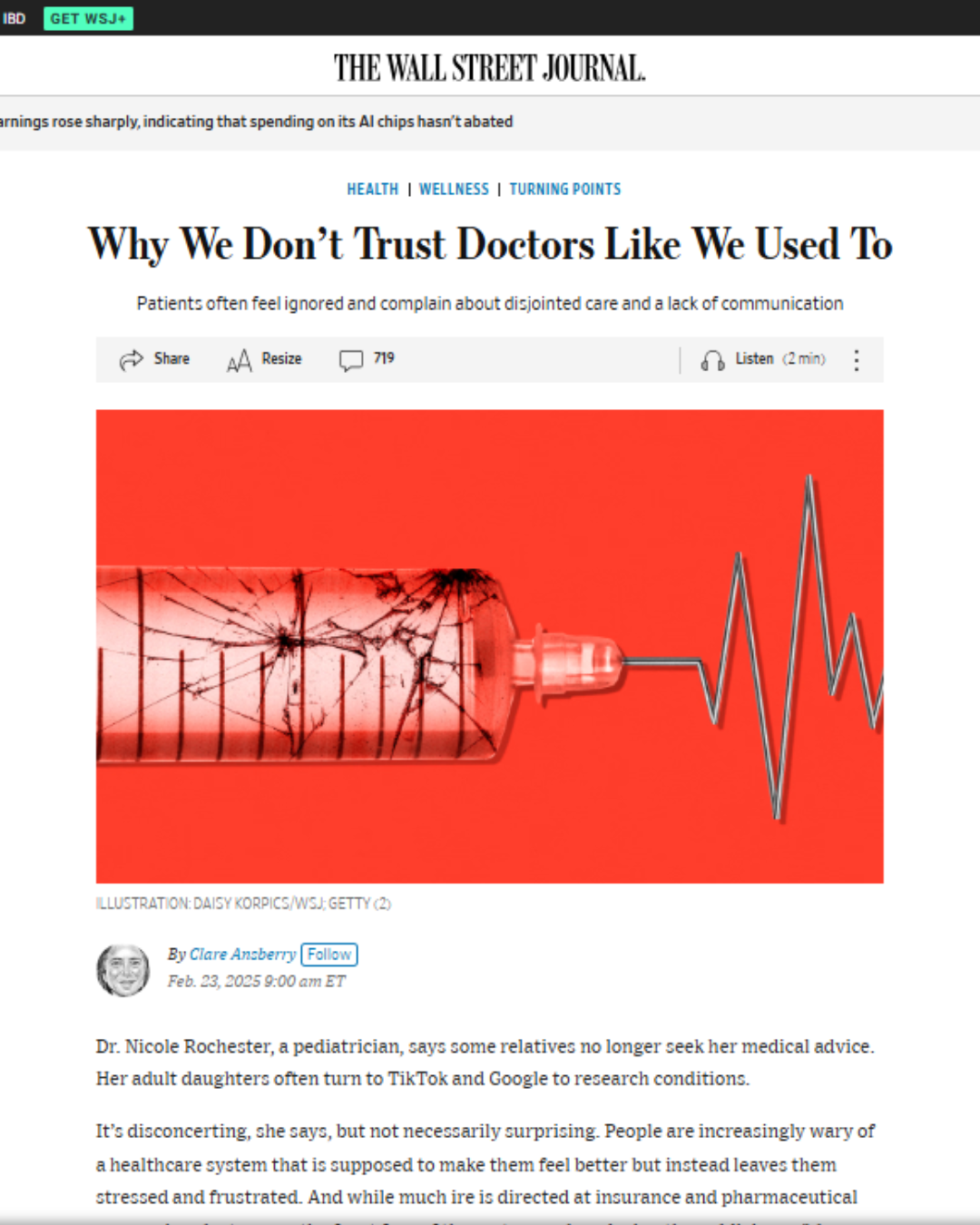Everyday life can be stressful. There are pressures of personal, family, economic, and social responsibilities. Modern life encourages people to stay plugged in, turned on, and keyed up. Remaining healthy is a challenge. What happens when a health breakdown isn’t visible or outwardly obvious? What happens when the injury or illness is in the mind or emotions, and the manifestation is behavioral?
Mental health challenges are a part of life. Each of us likely knows someone who has faced or is facing a mental health challenge. Think about that someone who struggles with anxiety, depression, trauma, impulse control problems, substance use, dementia, or even psychotic thinking. Maybe the person you are thinking of is you, or someone you love.
According to the Centers for Disease Control’s CDC Report: Mental Illness Surveillance Among U.S. Adults, about 25% of US adults have mental illness. The economic burden in the United States due to mental illness is estimated to be about $300 billion annually. In addition, mental illness is associated with increased risk of chronic medical diseases, such as heart disease, diabetes, and obesity. According to the CDC, about 9.4% of US adults experience frequent mental distress and spend nearly half their time each month in a poor state of mental health https. Many people need relief from mental health problems.
Here are signs that you or someone you know should seek help:
- Safety is compromised.
When a person is having thoughts of harming him/herself or others or is engaging in behaviors that could result in imminent harm, that’s the time to call 911 or go to the nearest emergency room. Seeking emergency help can save lives. You can also call the suicide prevention hotline: (1-800-273-8255 or 1-800-273-TALK).
2. Functioning is compromised.
Mental health problems can develop quickly or gradually, over time. A person may stop functioning in areas of work, school, social life, or activities of daily living (like personal hygiene, cooking, doing chores, etc.). A person may have problems communicating, making decisions, or behaving appropriately. Mental illness may be cyclical, but it’s not “just a phase.” These are times to seek professional consultation.
3. Relationships are compromised.
Mental illness can result in thoughts, feelings, and behaviors that disrupt relationships with others. Extreme paranoia, delusional thinking, promiscuous behaviors, and excessive irritability are examples of symptoms that can create relational problems. If this is the case, it’s time to get help.
If you feel that you or a loved one needs help, knowing where to go and what to do next is critical. Here are some options:
- Emergency Room (ER)
If the situation is urgent or life-threatening, it is best to go to the Emergency Room. If a support person is available to calmly provide clear and concise facts about a person with mental illness to emergency personnel, this can help expedite care. After the evaluation, the team will determine if inpatient hospitalization is necessary or if outpatient services are more appropriate. A trip to the ER is a first step, not a cure. Expectations for solving a significant mental health problem with emergency care should be low.
- Primary Care Providers (PCPs)
A trusted and informed PCP is often the gateway to initial treatment for common mental health problems, such as anxiety or depression. Some PCPs can help with referrals when more services are needed. A PCP should be informed of mental health conditions which are under the care of other professionals. Do not withhold this information from your doctor. Coordinated care helps prevents unintended problems, like duplicate treatment and medication interactions.
- Local Clinics, Teaching Hospitals, or Medical Centers
In some areas, medical centers, not-for-profit or government-funded mental health centers, or universities with medical schools, psychology, or counseling programs are well equipped to provide mental health treatment. Community-based organizations often take insurance or may have reduced pay options for people who are uninsured. Frequently, larger hospitals will have a range of services including inpatient, day hospital (for more intense services without staying overnight), individual therapy, and medication prescriber services. Services for hearing-impaired and hard of hearing persons, Tele-health and LGBTQ services may also be available. For persons needing substance abuse treatment, these types of settings can offer a broad range of services. While there are significant benefits to receiving comprehensive care, significant wait lists may prevent timely evaluation. Check out the websites for institutions in your area or call for more information.
- Independent Behavioral Health Providers
Insurance companies often list participating behavioral health providers and covered services on their websites. Know what your policy covers and whether prior authorization for care is needed before scheduling an appointment with a provider. You can search the insurance company’s website to find providers who offer specific services, such as group therapy, individual therapy, couples counseling, child psychiatry, or geriatric psychiatry, for example. Be aware that databases aren’t always up to date and may not accurately reflect whether a provider has a full patient panel or no longer accepts insurance. Expert care can be very expensive, even if an insurance company provides some reimbursement. Scheduling a phone interview or in-person meeting for an initial consultation can give some sense of how that provider works and what kind of help s/he can offer.
There are many web-based resources that have good information for patients and families about mental health diagnosis and treatment. Many private entities and other institutions such as universities and hospitals have their own free resources. Feel free to check out the resources at Psychiatry.org, APA.org, Nami.org, and Samhsa.gov as a start.
Pursuing behavioral health treatment is an important decision. Be prepared to discuss things that normally stay safely tucked away in the mind. Being open and upfront about symptoms, safety, and substance use will lead to better care and outcomes. Seeking mental health treatment can take a lot off your mind. It is important to remember that mental health and wellness is central to overall health and well-being.
Sharon K. Moore, MD is a board -certified Psychiatrist with fellowship training in Forensic Psychiatry. Over the past two decades, Dr. Moore has worked in a variety of practice settings including hospitals, clinics, jails, and prisons in a clinical capacity, and most recently has worked with in an administrative capacity for a government agency.
Dr. Moore makes no endorsement of websites above and has no professional disclosures other than listed above.
Image credit: Fotolia




It’s really great to know this information. It’s really authentic and usable thoughts. Thank you for sharing.
Thanks for reading!
You’re very welcome! Knowledge is power.
I can see why someone would want to visit a mental health therapist if they stop functioning in things like work, school, and social life. Communication is key in a lot of these aspects of life, so someone who doesn’t feel mentally well enough to even talk is going to struggle. I like that you suggest setting up a phone interview to get a sense of how different health providers operate.
Derek, thank you for your comment. You have pointed out one of the many challenges surrounding seeking treatment for mental health conditions–open communication. It doesn’t help that there is such a stigma associated with mental illness. I am thankful to Dr. Moore for sharing her insights in this article and I hope that imparting this knowledge will be part of the solution.
Very Informative Blog, I loved reading this as it contains such a good stuff that helps one in Seeking help for mental health issues. And at the same time the blog is spreading awareness as well.
Thanks for reading!
Mental health issues could pose a lot of strain to a sufferer’s relationships and general well-being so it is only prudent to seek professional help for diagnosis if you believe you might be inflicted with a disorder. I have seen seemingly ordinary people who have suffered from different mental disorders and I would agree that a lot of things could possibly be harmed if not treated accordingly. I really appreciate that you have included some resources that people could look into as such an issue needs proper education, and most importantly, help and concern coming from the people surrounding the ailing.
Thank you so much for your comment, Dan. We must begin treating mental health the same way we address our physical ailments.
Thank you for sharing this. Great information.
You’re very welcome. Thanks for reading!
It’s good to know when to see a mental health specialist. My brother has some issues in this regard, but he’s never seen anyone for it. His relationship with his wife is causing some problems, so I’ll tell him that he needs to get some help.
Hi Ridley, I’m sorry to hear about your brother. I hope he will be open to seeking professional help. Thanks for your comment.
It’s good to see such informative article and also the fact that you have mentioned numbers and people to go to in the article as well. I also appreciate you mentioning how mental illness can be cyclical but should not be termed as a phase. More people need to identify their symptoms and take help. It is essential for families to not consider the illness as a social stigma and get them the help they deserve.
Thanks for your comment, Iris. We all must do our part to reduce the stigma.